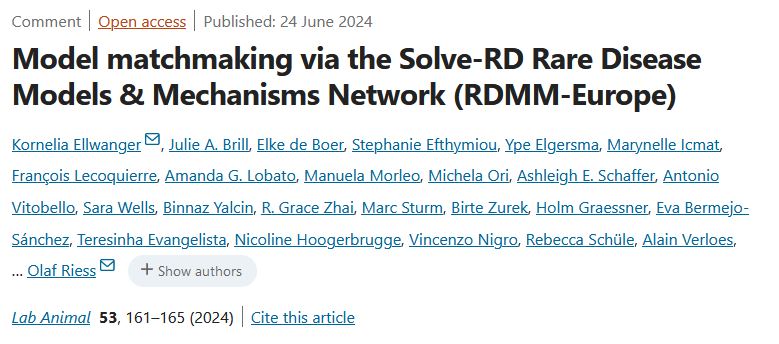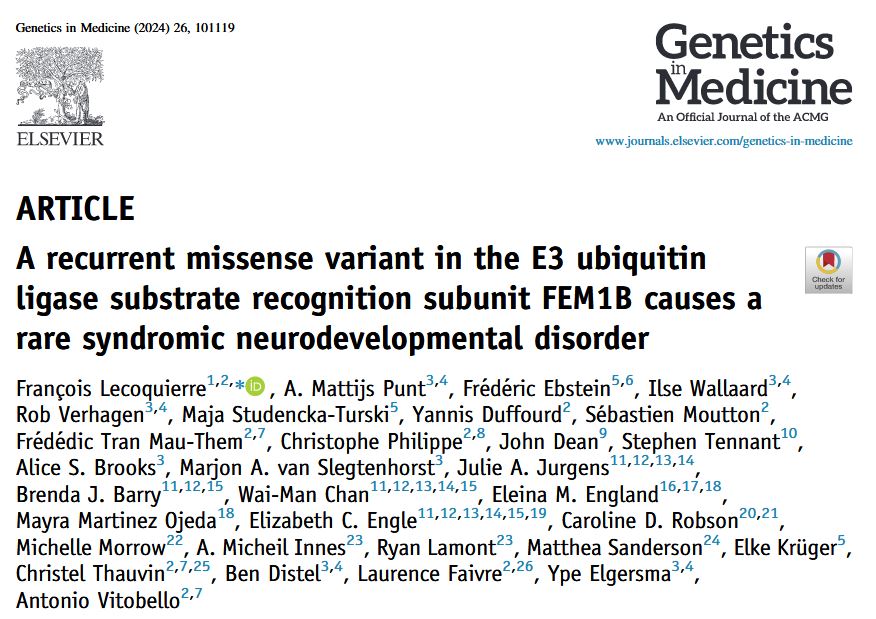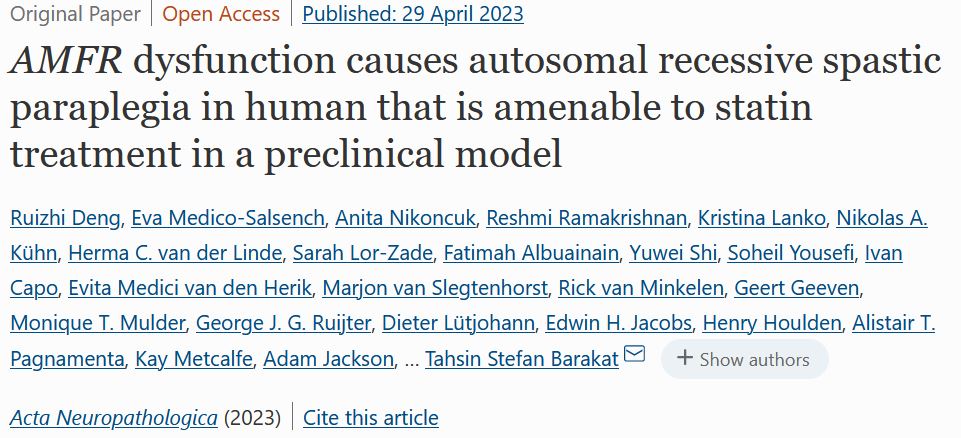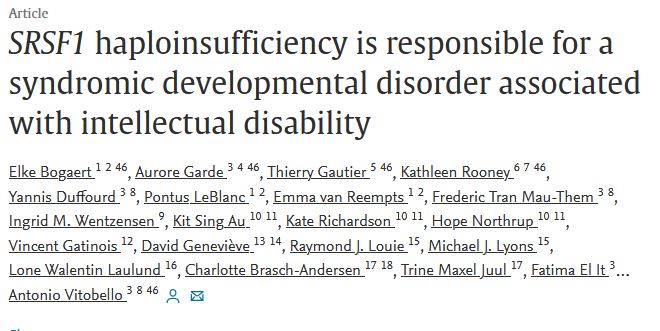New Publication: Model matchmaking via the Solve-RD Rare Disease Models & Mechanisms Network (RDMM-Europe)
The European Rare Disease Models & Mechanisms Network (RDMM-Europe) has been established within Solve-RD. RDMM-Europe is a brokerage service to promote fruitful collaborations between clinicians and model organism experts with the aim of filling the gap between RD gene discovery and functional validation of potentially new disease genes and/or novel disease mechanisms.
In our article we describe the network and infrastructure that we have successfully implemented to support the use of model organisms in rare disease research, we share our processes and highlight several examples of modeling approaches that clearly illustrate the benefit and need of functional validation in model organisms to accelerate the assessment of new disease-gene associations. The article also showcases the main objectives of the funded projects, highlights examples of validation projects in different models and provides links to recent publications related to some of these projects.
The article has now been accepted for publication in Lab Animal: Kornelia Ellwanger, Julie A. Brill [...] Olaf Riess. Model matchmaking via the Solve-RD Rare Disease Models & Mechanisms Network (RDMM-Europe). Lab Anim (NY). 2024 Jun 24. https://doi.org/10.1038/s41684-024-01395-2. Epub ahead of print.





